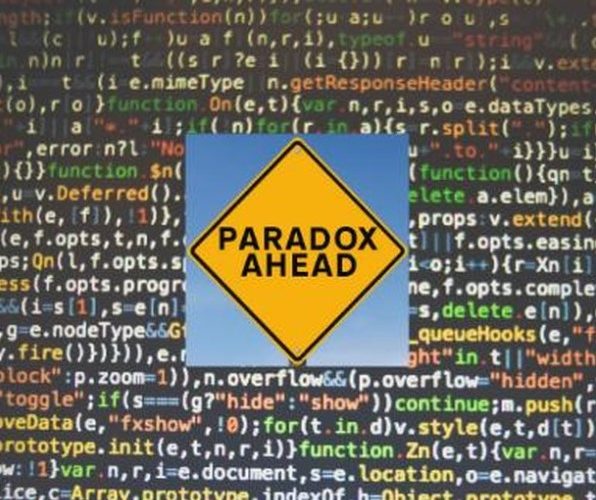A paradox happens when something that seems as though it should not be true actually turns out to be true, or vice versa. A paradox is happening in nutritional science where a high-calorie consumption of one food causes weight gain, while the same calorie value of another food seems to cause weight loss, leading some to suggest that calories don’t count. However, the laws of physics are not broken. In energy balance, calories matter.
A surplus of calories whether fat, protein, or carbohydrate will all lead to weight gain. What’s relevant is the quality of the calorie and the body’s response to those specific nutrients as signaling molecules beyond the direct caloric value.
The ability of the body to convert food into usable energy is based upon a highly complex process, starting with a mechanical breakdown of food, chemical, and enzymatic processes throughout the gut and significantly affected by the individual microbiome.
Food is both a nutrient and programming.
Food should be viewed as both a source of nutrient energy (globally translated as calories), but also a set of instructions to the body, a program directing the body to a specific action. Food is not completely degraded to its elemental parts during digestion; it maintains components of integrity, which then programs the cells. A corrupted program can lead to outcomes such as obesity or diabetes or even an autoimmune state. These instructions are not interpreted just by the body, but also the gut microbiome, which can independently translate the instruction set and create its own programming subroutine, which then affects the body.
Conventional nutritional advice ignores the instructional programming code carried in the food we consume, but these instructional programs cannot be ignored.






